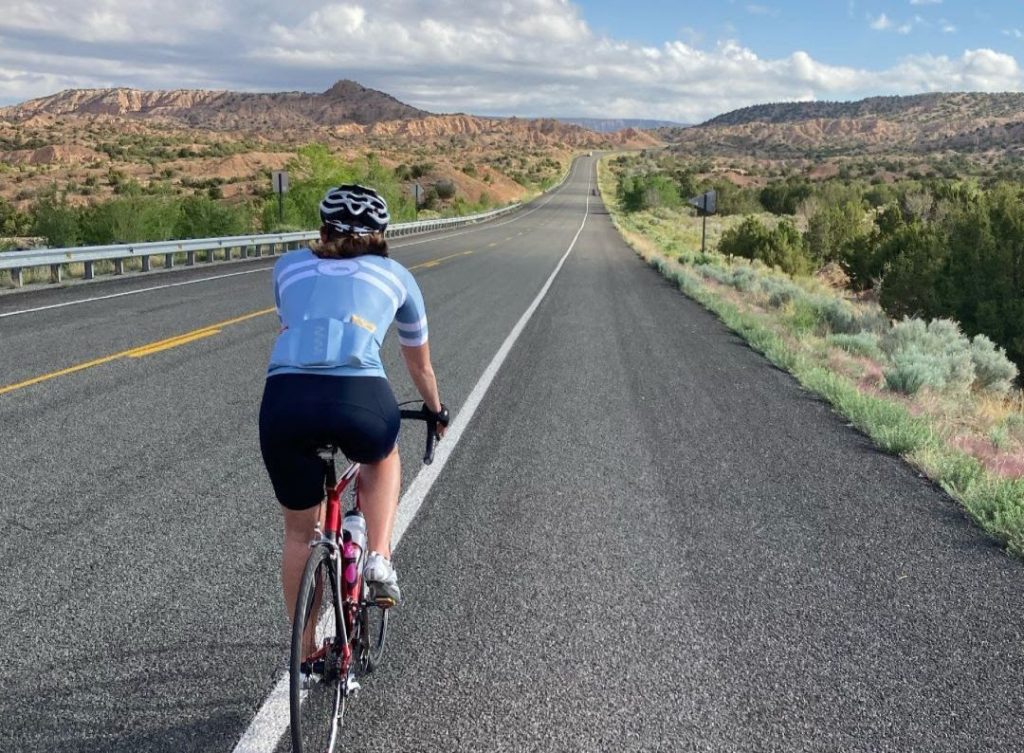Words by Joe Hamilton
Coach Joe is a dedicated coach and athlete who specializes in MTB racing, road cycling, and strength training. For more information on Joe’s coaching services, or to schedule a coaching consultation with him, click HERE.
I am not sure about you, but I have COVID Fatigue. I hear how dangerous this virus is, how many have contracted it, and how many have died. I am in no way downplaying the seriousness of this pandemic and how dangerous and devastating it has been to our society. As of this blog, today, we still do not have a clear picture of if or when this pandemic will end. I continue to have hope and am always on the lookout for the news as to how we are adapting as a society. In the past, we have had to adapt to pandemics, wars, and natural disasters, and we had nowhere near the power of technology we have today. We will adapt.
There’s no doubt this year has been dramatically different than any previous year I have been a coach or athlete. Unable to compete in events, training in isolation, working from home, working around new family obligations, and financial setbacks are just some of the things happening to all of us and forcing us to adapt.
As a coach, flexibility and adaptation in my approach have remained the same but in a different context. For example, training now happens around the kids’ school schedule or a busy work schedule rather than around a priority A event. Our personal goals and perspectives as to why we train continuously change. With these changes comes a lot of self-realization and fresh perspectives. As a coach, I have the opportunity to play a pivotal role in how my athletes adapt and pivot amidst an ever-changing environment.
We know one thing, as humans, and especially as athletes, we endure and we adapt. We have adapted before, whether it be illness, injury, or a mechanical. We are adapting now to our new work and family schedules, new public safety measures, new financial budgets, and our training approaches and competition. We understand what it means to endure and be resilient, and if we did not, we would not be so dedicated to our training and prioritize it in our everyday lives.
Events will come back. They may be many months away and could look very different, but they will come back. And there is no better year than this year to gain some new self-perspective as to why you train while exploring aspects of training you have never had time to visit before. Here are a few adaptions I have made in my own training as well as with my athletes
Apply Flexible Periodization
The basic concepts of periodization still exist, but maybe not in the linear fashion, we are accustomed to. The important part is that “layering” of physiological phases and adaptation still occur. For example, many of my athletes’ priority A events have been canceled. But these events have been replaced by other goals and measurable objectives often designed around the athletes’ schedules, physiological and psychological strengths, and limiters. Periodization may also occur around a lack of training knowledge. For example, if an athlete has never completed a build phase, it may be something we develop a goal around. Rather than building for an event, we are now building around a personal goal that makes them a better athlete now and in the future. As a coach, I help athletes navigate limiters, schedules, and even the impact COVID has had on their lives.
Continue to Create Challenges for Yourself
If anything, this season has shown me a new perspective on what it means to be my own competitor. This competition includes turning negative self-talk to positive self-take, turning de-motivation to motivation, and navigating a training schedule with no events in sight. But, as I look at this situation holistically, I have been more creative with both my own training and my athletes’ training. As athletes, this time has allowed us to work on those specific things in our sport, we typically cannot do and the fundamental reasons for not doing them. These include physical challenges, like doing 3 x 10 sets of pull-ups, mountain bike skills riding instead of road riding, learning more about our relationships to power meters, heart rate, and rate of perceived exertion. Other specific things we may have never done include self-awareness challenges, like recording morning metrics or getting better at post-activity comments. Other athletes have made habit changes such as incorporating new macronutrients into their diets, incorporating a stretching routine, and learning how to execute sessions based on the terrain. Some athletes have also spent this time learning more about their technology, like creating strava challenges, GPS mapping, or use of the virtual partner on our computers and watches.
Establishing Short-Term Goals with a Long-Term Focus
All athletes, including myself, have had to change goals several times this year. Athletes have had to work on short term goals that aim to make them better in the absence of outcome-based goals. Short term goals can be two or three blocks intended to improve critical areas you and your coach have identified as limiters. Now is the time to build short-term goals that can help place you where you want to be in six months to a year. You want to train for improvements that bring results year after year. For example, some athletes know that their downhill handling skills have been a limiter in their racing. These athletes have found that now is a perfect time to spend some of their time visiting a lift-assisted downhill mountain bike park and timing downhill segments. Others have completed self-supported centuries, and have found that their times significantly improved from the previous years. Now is a great time to get out of your comfort zone, as long as it helps you refine your craft and is related to your long-term goals.
So why do you train? Because you don’t want to start over. It’s that simple. As athletes, we can all agree that our #1 goal is not to quit training. And while it may be tempting to do so this year, don’t let this time be wasted. Right now, we have a unique opportunity to simplify our lives and enjoy the things we often neglect during a busy race calendar. This includes taking advantage of the time we have to build vast improvements by being smart and tapping into improving baseline habits, self-awareness, and physical skills. Ultimately, the most significant win we can make is to continue to create the best version of ourselves and prepare us to be better all-around athletes.



